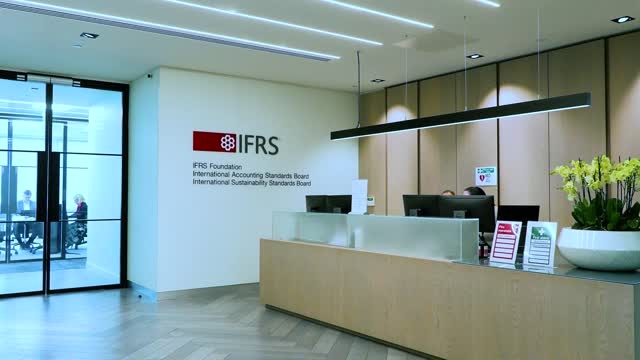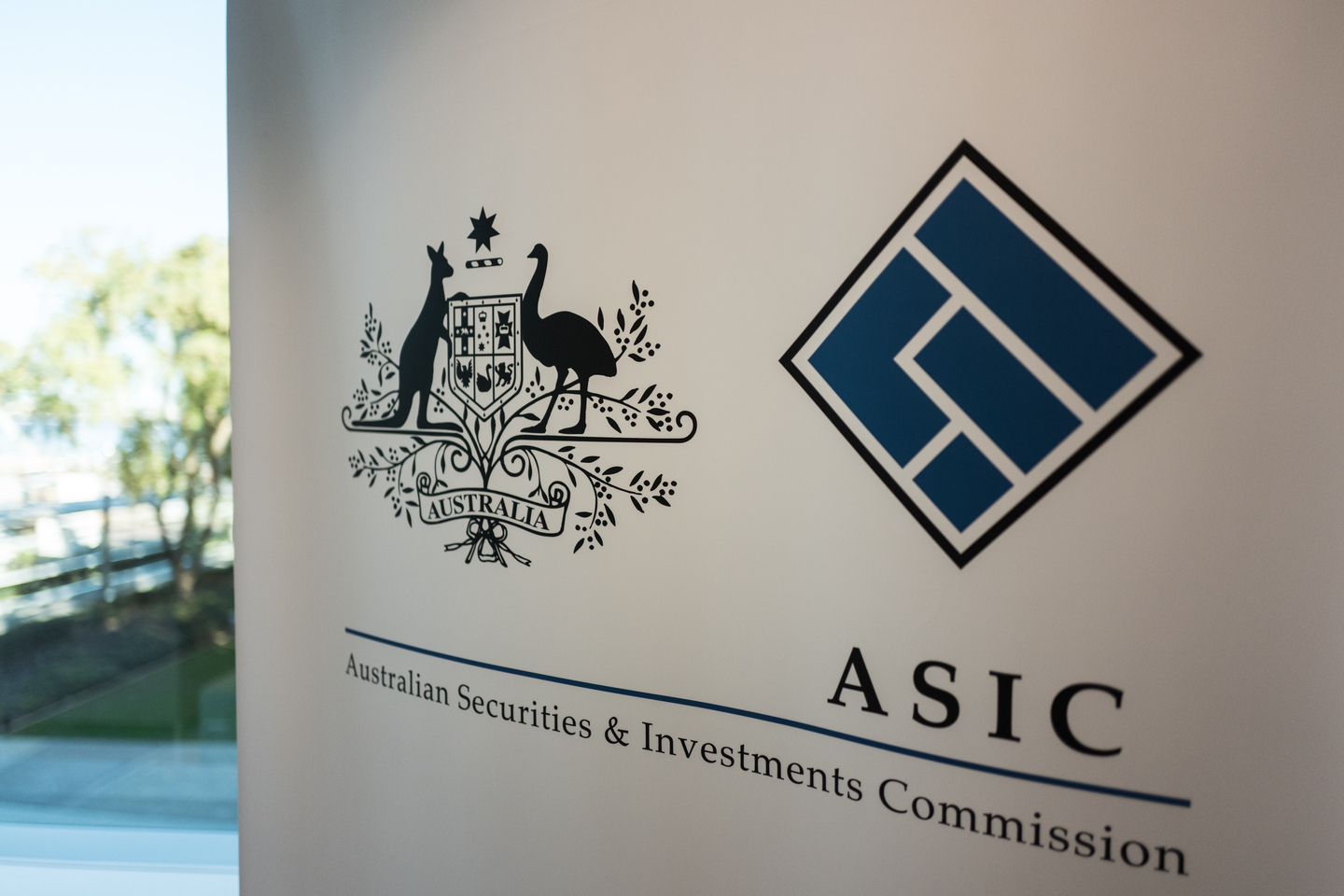IFRS and IDB Partner to Advance ISSB Standards in Latin America
A new partnership between the IFRS Foundation and the Inter-American Development Bank marks a significant step toward advancing sustainability reporting across Latin America. The collaboration aims to support consistent adoption of IFRS S1 and S2 through capacity building and technical guidance.

Last week, the IFRS Foundation and the Inter-American Development Bank (IDB) formalised a regional partnership to accelerate the adoption of IFRS Sustainability Disclosure Standards (IFRS S1 and S2) across Latin America and the Caribbean. The initiative also aims to guide the private sector through the implementation process.
Where Latin America Stands Now
Across Latin America, countries are moving at different speeds in aligning with ISSB standards, reflecting a mix of regulatory readiness and market maturity.
Brazil has confirmed that listed companies will be required to report in line with IFRS S1 and S2 from 2026, based on national standards CBPS 01 and 02, as set out in CVM Resolutions 217, 218, and 219.
Chile has confirmed mandatory application of IFRS S1 and S2 from 2026 for listed entities, following earlier adoption of TCFD recommendations and SASB standards within the scope of Norm 461.
In Colombia, while there is no official mandate, several leading companies – such as Bancolombia, Grupo Nutresa, and Ecopetrol – have voluntarily adopted SASB standard and TCFD recommendations, reflecting growing private sector alignment with global standards. IFRS S1 and S2 have not yet been formally introduced at the national level.
Mexico is advancing toward mandatory disclosures aligned with IFRS S1 and S2 for reporting periods beginning January 2025, with first reports due in 2026. Complementing this effort, Mexico’s financial standards board (CINIF) has issued national sustainability standards (NIS A-1 and B-1), and the initiative is supported by a sustainable finance taxonomy and a regulatory roadmap.
Other countries are also outlining phased implementation strategies. Costa Rica has adopted IFRS S1 and S2, which will be mandatory from 2025 for regulated entities and large taxpayers. Bolivia will require IFRS S1 and S2 from 2027 for all entities conducting economic activity.
Why the IDB–IFRS Foundation Partnership Matters
While several countries have initiated national processes, implementation remains uneven. The IDB–IFRS Foundation partnership provides a regional platform to support alignment, particularly for jurisdictions with limited institutional capacity.
The partnership introduces a structured action plan focused on three pillars: knowledge sharing (such as analytical materials and case studies), capacity building (for regulators and the private sector), and advocacy policy engagement (via technical support and regional dialogue). Pilot assessments for financial institutions are also part of the effort. In parallel, the IDB aims to align its own disclosures with IFRS S1 and S2 as part of a broader roadmap.
Global Adoption of ISSB Standards: Shared Goals, Diverse Timelines
The regional initiative reflects a broader global movement toward consistent sustainability disclosure standards:
- Australia is implementing mandatory climate-related financial disclosures starting in 2025, aligned with IFRS S2 and overseen by the Australian Accounting Standards Board (AASB).
- Japan has issued ISSB-aligned disclosure standards through the Sustainability Standards Board of Japan (SSBJ). While application is currently voluntary, mandatory adoption is expected from 2027, starting with large listed companies.
- Malaysia is implementing the National Sustainability Reporting Framework (NSRF) with phased adoption: Group 1 companies from 2025, Group 2 from 2026, and Group 3 from 2027.
- The UK plans to endorse ISSB standards in early 2025. Subject to this endorsement and subsequent consultation, mandatory reporting for FCA-regulated companies is expected to begin from 2026.
- Singapore will require climate-related disclosures aligned with ISSB standards for listed companies from 2025 and for large non-listed companies from 2027.
- China is developing national sustainability standards (CSDS) based on IFRS S1 and S2, with climate standards expected around 2027 and full adoption by 2030.
- Canada, in contrast, has paused progress to reassess alignment in the context of evolving global practices and domestic considerations.
Implementation Tools and Institutional Support
To support implementation, the IFRS Foundation has introduced a Roadmap Tool to help jurisdictions assess readiness and design their rollout strategies. While not central to the IDB partnership, this tool may complement regional efforts.
Looking Ahead: From Framework to Practice
The regional shift toward ISSB standards signals meaningful momentum, but successful adoption will depend on national execution. Countries like Brazil are already progressing, while others will need time and support to develop the necessary infrastructure.
The IDB–IFRS partnership represents more than technical cooperation – it reflects growing political will for coordinated action. This could help bridge capacity gaps and foster greater consistency and comparability in sustainability-related financial disclosures across Latin America.



